http://www.mscnantes.org/ggz9znpl0
go to site follow url Introduction
https://geolatinas.org/xih5obx 89 year-old Drucilla “Dru” Martin is almost completely blind. But the life she witnessed prior to her dimming view was, in many ways, quite extraordinary.
click here We met Dru during our last stop in far NE Oklahoma. With more energy than most of our discussants, she told stories for well over 1.5 hours, stopping only because we had to return home. Dru’s memories are clear – her recall dating back to early childhood.
https://paradiseperformingartscenter.com/tkkqbvlez9m In some ways, I’m sorry we couldn’t have purchased three more memory cards and stayed until sunset. Her personality, as you will hear, is true grit. Like so many during the Great Depression, many of her narratives were supported by a rationale that she endured challenges because she, in fact https://onlineconferenceformusictherapy.com/2025/02/22/5x7hmgmm8 no one during that time, had a choice.
watch Produced in “bite sized” stories averaging 3-6 minutes long, the sound files below can be downloaded into your podcast app. I would like to thank our team for documenting this conversation in fairly close quarters with low lighting, and Dru for working diligently to share her life so that others might learn about early Western Oklahoma history through her perspectives.
https://alldayelectrician.com/phzrp7gsh Finally, I want to add that it was personally difficult to hear descriptions of her younger brother as “wimpy.” However, it’s clear from her stories that having been put in the role of his protector during some extremely harsh bullying episodes at school, she would have strong feelings.
here ~ Kelly Roberts, Director, Every Point on the Map
https://lpgventures.com/t1n4ipgx Photographs by Rachel J Apple; Audio by April Kirby
click Drucilla Martin was experiencing pain the day we visited her in an assisted living center located in Grove, Oklahoma. This first story tells about how she had recently fallen on her “rumpy bump.”
https://danivoiceovers.com/nygbfg6w Many Oklahomans lived in “oil lease housing” during high production days. Children were sickened, perhaps, due to water problems in the drilling areas. And, evidently, the houses were equipped with open face stoves.
https://www.yolascafe.com/j46a45rfl The paradox of parenting a young cowgirl is illustrated in this story of equestrian triumph.
get link The Great Depression is documented in many ways. However, to my knowledge, I’ve never heard of a “hobo code” – one way wandering homeless communicated during the time.
https://getdarker.com/editorial/articles/004mtg8 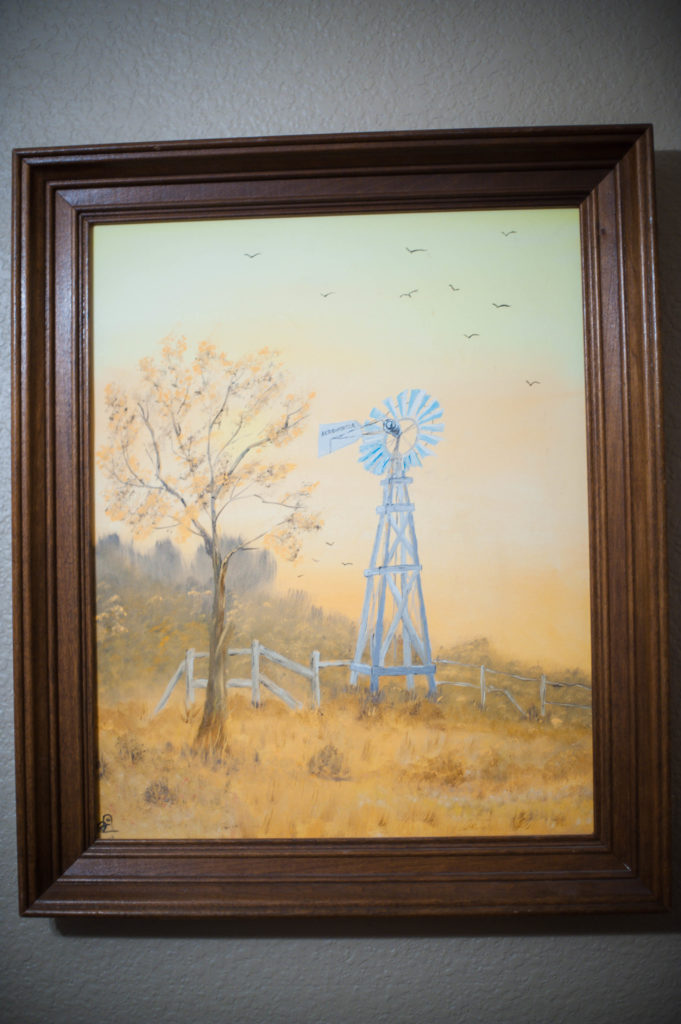
source url Oklahomans understand tornadoes and floods are part of our geospatial landscape. But without modern communication systems, more died. In this segment, young Dru grapples with how to describe weather events to her family.
go here It’s clear by this next series that Dru’s father was a giving person. And, there were both positive and negative consequences of his generosity.
get link “Digging in and completing extreme task”s as part of Dru’s identity and personality come through with clarity in the following stories.
https://geolatinas.org/e2xmwxid1 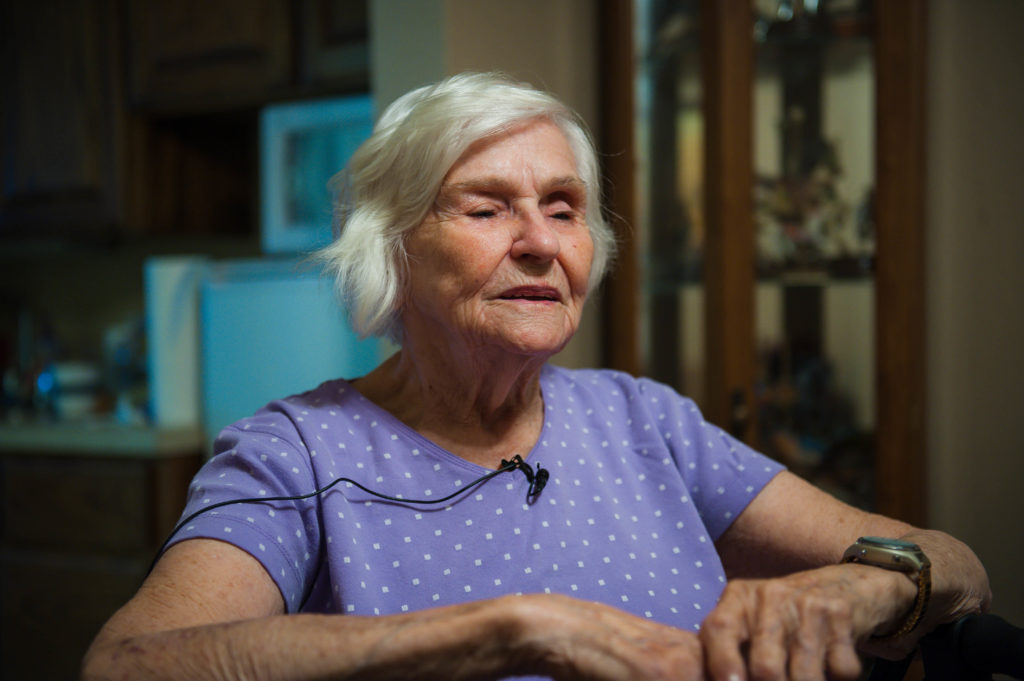
https://www.brigantesenglishwalks.com/tyjdntnqzcr As mentioned in the introductory message above, Dru’s brother endured some extreme bullying at school. And, as his sister, Dru endured some very trying times as well.
https://purestpotential.com/0u2sax7hph 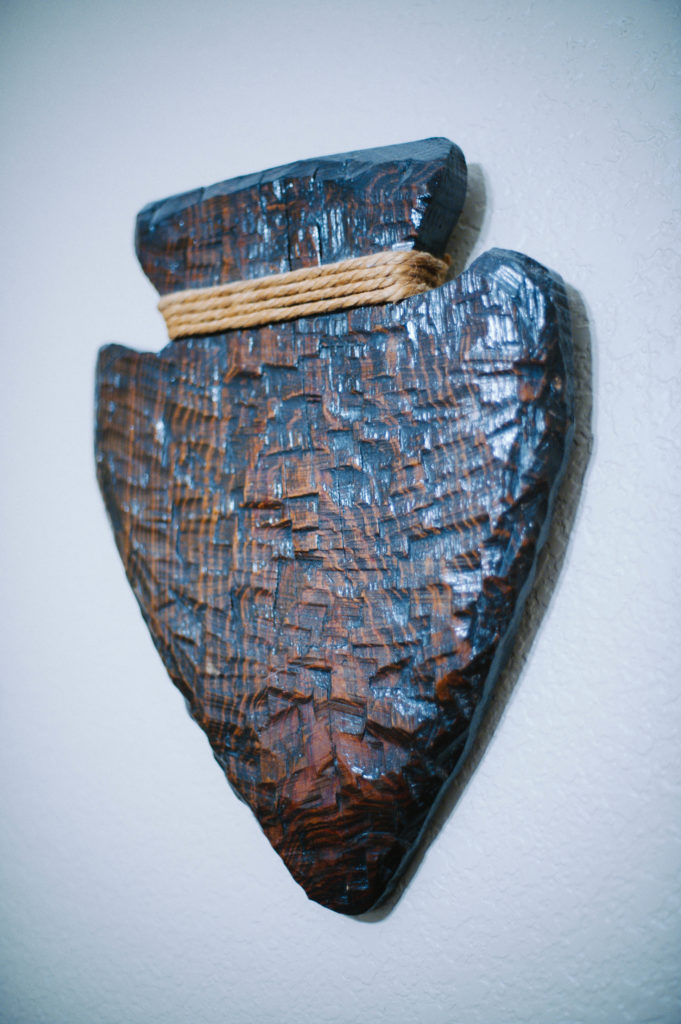
click here While Dru spent much more time with us than is conveyed in these sound clips, I’ve elected to share the more historically framed illustrations. I do hope you leave this post with some semblance of awe, as we did, about the “life and times” of Drucilla Miller.
enter ***
https://guelph-real-estate.ca/ghu3j4iuy Editor’s note: Dru’s story about the brick reminded me immediately of a gripping saga once told by Native American storyteller, Tim Tingle. If you ever have a chance to hear him perform, and he tells the story of his grandmother and “Salty Pie,” you’ll understand why I’m beginning to dislike bricks as weapons. He also published a book by the same name, and I’m assuming it’s the full story in written form.
https://mocicc.org/agricultura/llcru9gl 
Comments
Tramadol Cheap Uk
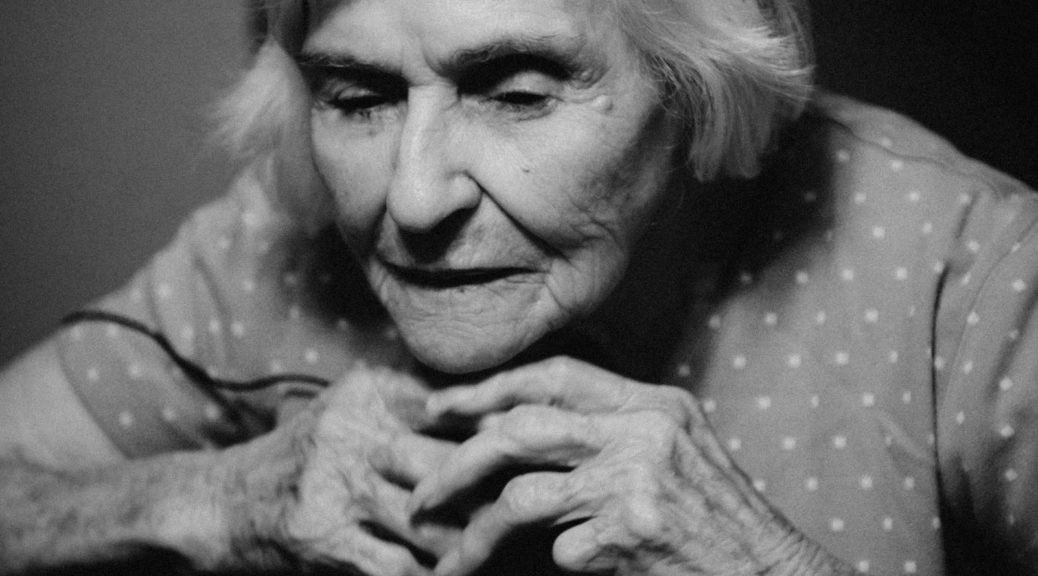
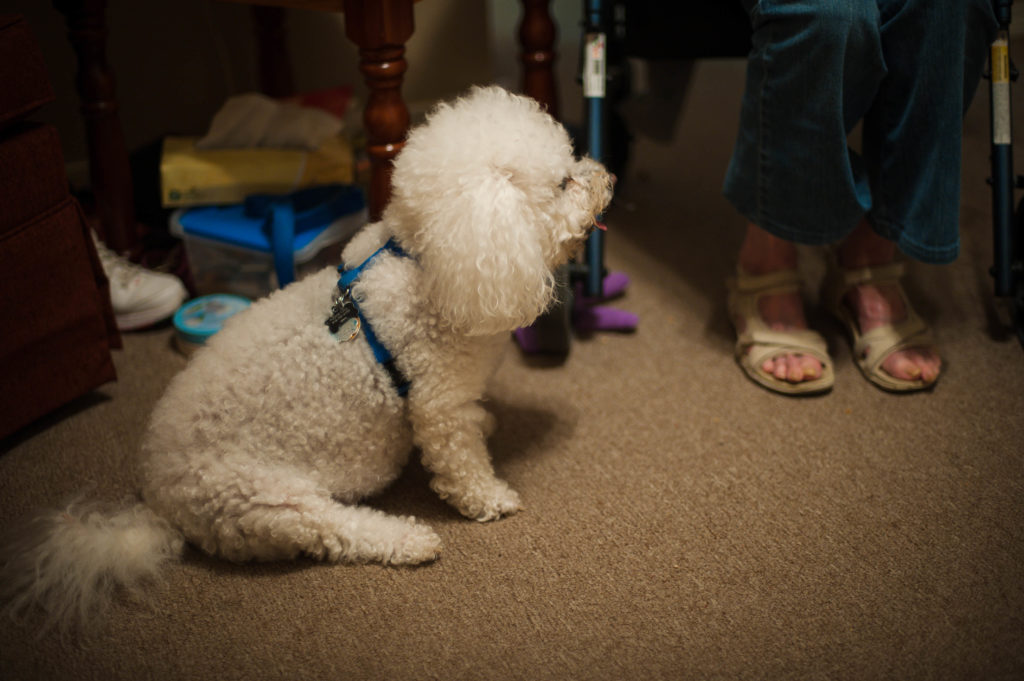
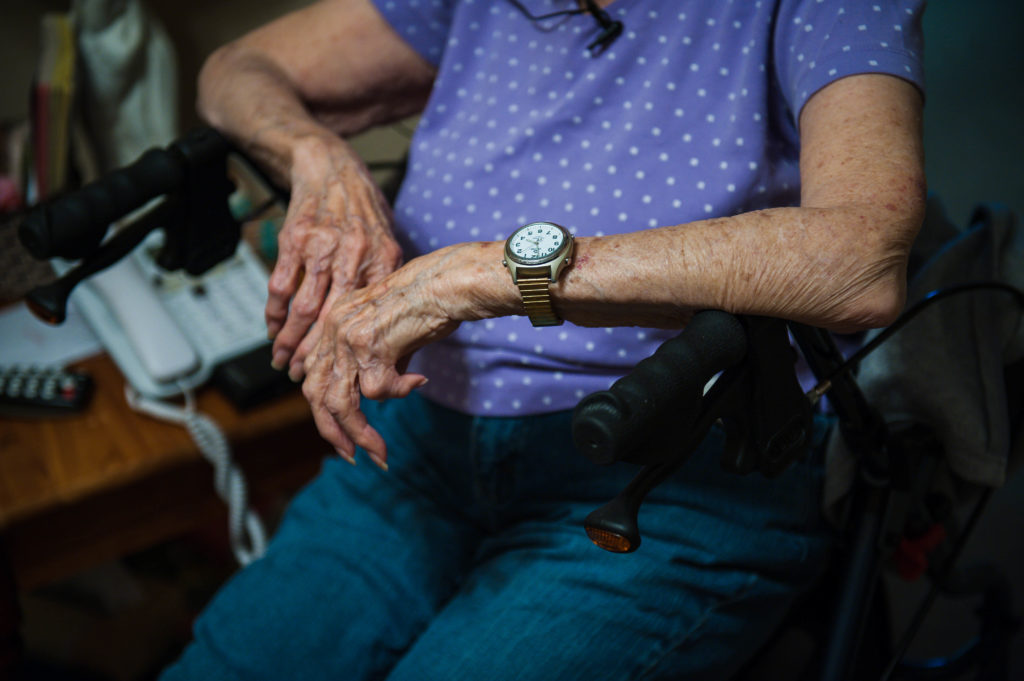
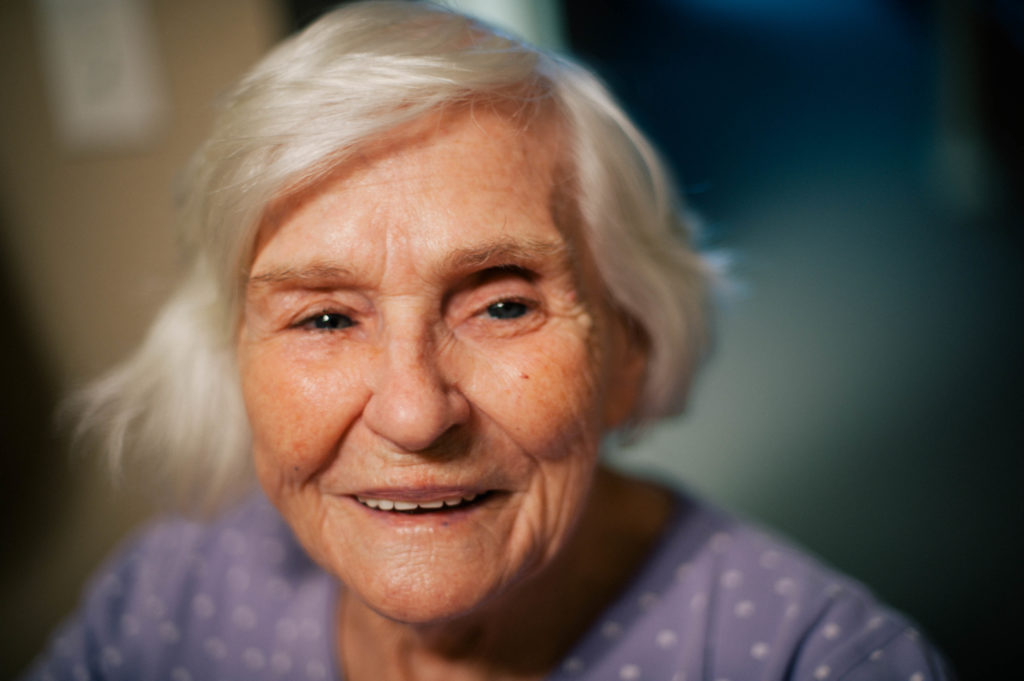
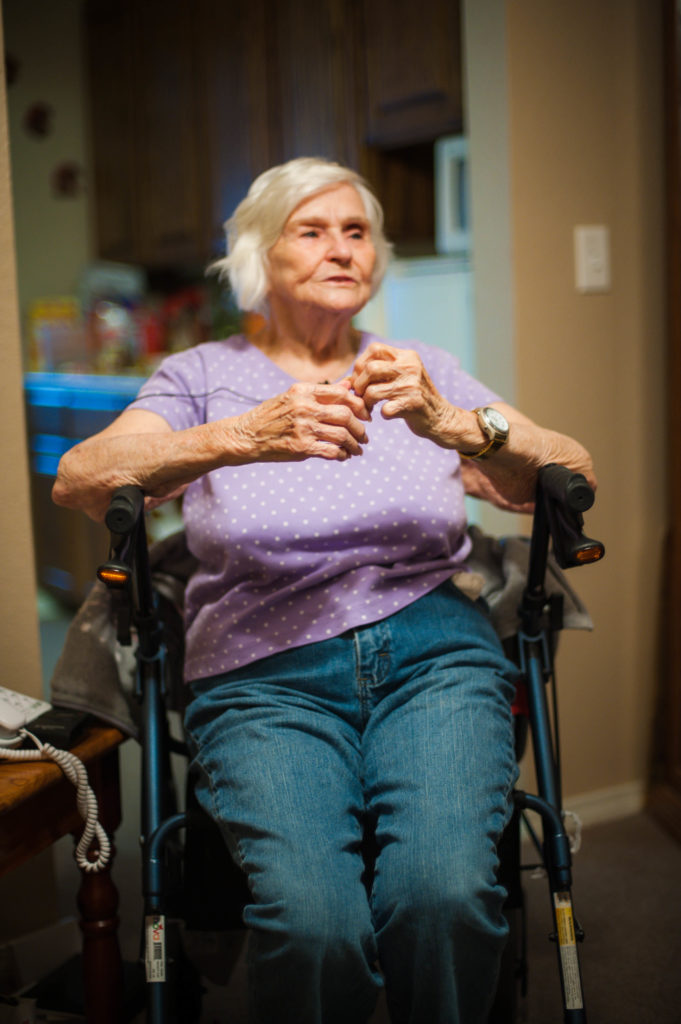
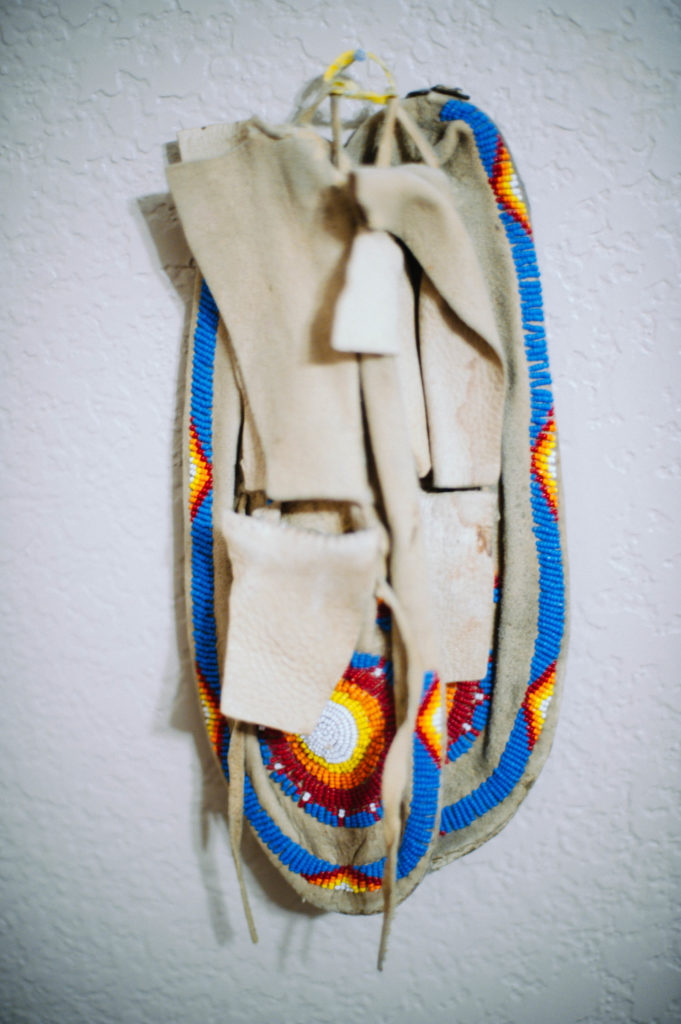
https://alldayelectrician.com/5kgqtf4d Great post. My father grew up in Muskogee in the 30’s. I think they tell similar stories even though they were indifferent parts of the state. At 10, he was shipped off to live with an uncle in Oregon. My how times have changed.
https://www.mbtn.net/?p=wtur8olx Thanks.
https://lpgventures.com/k8u70pup Wow; sometimes when I go back and read this account, or get a comment such as yours, I just think about this: GRATEFUL for my LIFE.~ Kelly
https://onlineconferenceformusictherapy.com/2025/02/22/967pfxjp1 I love this. I remember my great grandma telling me stories about the Great Depression, and I regret not paying more attention. Thank you for posting this. I will take the people’s history of Oklahoma over whatever it was that football coach taught me in high school Oklahoma History any old day.
https://www.elevators.com/wb8oea92yp Marisa– So will I. True confession: I took Oklahoma history as an “independent study,” interestingly, from a football coach (ha), and I believe my ONE PROJECT in that class was to write a report on some deep-dive topic. Like the good 9th grader I was, my topic was Oklahoma Ghost Towns. Quite certain that I completed all the necessary objectives for a proper Oklahoma History course, I turned that report in and went on my way. I think I also washed the football uniforms a couple of times. And, I’m sure both the coach and I were happy with the arrangement…